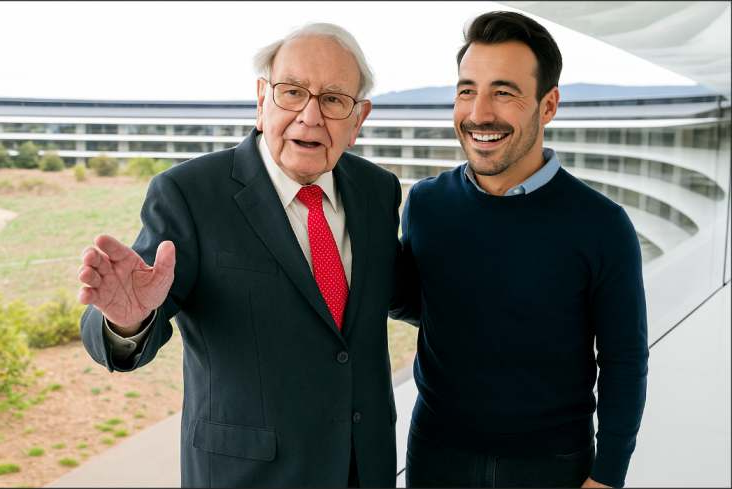
I have long believed that travel is the tuition we pay for wisdom. Last weekend the coursework brought me to Omaha, Nebraska—hardly a glamorous waypoint on most jet-setter itineraries, yet the beating heart of capital-allocation lore. Each May the Berkshire Hathaway Annual Meeting transforms this Midwestern city into a pilgrimage site for anyone who takes stewardship of money seriously. I went in search of perspective; I returned with a notebook full of lessons and the quiet reassurance that disciplined investing still wins in an age obsessed with speed.
The cavernous CHI Health Center was already humming when I arrived before sunrise on 3 May. Shareholders clutched boxes of See’s Candies while debating discounted cash-flow models—an only-in-Omaha juxtaposition that never gets old. My agenda was simple: listen to the Q&A, absorb the mood and, if luck allowed, secure even a brief conversation with Warren Buffett himself.
Luck, of course, favours the prepared. Through a mutual acquaintance on the insurance side of Berkshire’s empire I had been slotted into a private lounge for European guests. That is where, coffee in hand and entirely unhurried, the Oracle of Omaha strolled in. He greeted every person with the warmth of a small-town grocer. When our turn came, I introduced myself as a Zurich-based adviser shepherding roughly CHF 120 million for families and entrepreneurs. Buffett’s eyes lit up—not at the figure, but at the mention of Switzerland. “I’ve always admired how the Swiss save first and spend later,” he said. The ice was broken.
We spoke for a shade under ten minutes—an eternity when measured against the permanent queue of fans that shadows him. Three themes dominated:
He closed with a grin: “Remember, Jonathan, our job is to avoid the bad apples. The good ones tend to reveal themselves if you wait.”
I boarded the return flight to Zurich with Buffett’s aphorisms echoing in my head and three concrete adjustments for our house playbook:
Omaha is an unlikely place to feel the future rushing at you, but that is precisely why it works. Removed from the algorithmic chatter of Wall Street, the principles are easier to hear: buy what you understand, keep a margin of safety, let time do the compounding. Sitting across from Buffett, I felt the weight of those principles—and the lightness that comes from following them.
For clients and friends of Moritz Wealth, the message is clear. Markets will gyrate, narratives will flip overnight, but disciplined capital allocation remains the most reliable path to enduring wealth. We will continue to guard your assets with the same patience and pragmatic optimism that a certain nonagenarian showed me over coffee in Nebraska.
If that philosophy resonates with you, my door on Hardturmstrasse is always open. Let’s talk about building fortunes that last long enough to be enjoyed—and inherited—without worry.
Every investor has a different starting point. Let’s find yours—and build from there.